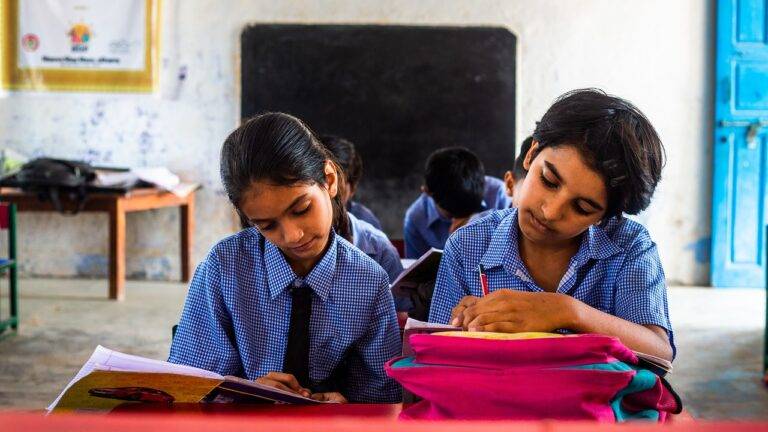Assessing the Accuracy of Election Forecasting Models
Election forecasting models play a crucial role in predicting the outcomes of political races. One common model utilized is the Polling Average Model, which aggregates polling data from various sources to provide a snapshot of voter preferences at a given time. This model aims to smooth out any biases or outliers in individual polls by averaging the results to give a more accurate representation of public opinion.
Another widely used model is the Market-Based Model, which incorporates prediction markets and betting odds to gauge public sentiment on particular candidates or parties. By analyzing the fluctuations in these markets, researchers can gain insights into the perceived likelihood of different election outcomes. This model operates on the premise that individuals are more likely to accurately predict outcomes when there is a financial incentive involved, leading to potentially more precise forecasts.
Factors Influencing Election Forecasting Accuracy
Election forecasting accuracy is influenced by various factors that play a crucial role in determining the reliability of the predictions. One key factor is the quality and quantity of data available for analysis. The more comprehensive and up-to-date the data, the more accurate the forecasting model is likely to be. Additionally, the methodology used in developing the forecasting model can greatly impact its accuracy. Different models may employ various statistical techniques and algorithms, leading to differences in their predictive power.
Another factor that influences election forecasting accuracy is the incorporation of relevant contextual information. Factors such as current political climate, candidate popularity, and socio-economic trends can all affect the outcome of an election. By taking into account these dynamic factors, forecasting models can generate more accurate predictions. Furthermore, the expertise and experience of the analysts involved in developing the forecasting model also play a significant role in determining its accuracy. An in-depth understanding of the political landscape and historical trends can help analysts make more informed decisions when building the forecasting model.
• The quality and quantity of data available for analysis
• The methodology used in developing the forecasting model
• Incorporation of relevant contextual information such as political climate, candidate popularity, and socio-economic trends
• The expertise and experience of the analysts involved in developing the forecasting model
Historical Accuracy of Election Forecasting Models
Election forecasting models have been utilized for decades in an attempt to predict electoral outcomes. Over time, these models have evolved in complexity and sophistication, incorporating various factors such as opinion polls, economic indicators, and historical voting patterns. Despite these advancements, the historical accuracy of election forecasting models has shown mixed results.
Some election forecasting models have demonstrated a high degree of accuracy, correctly predicting the winner in a majority of elections. However, there have been instances where these models have missed the mark, failing to anticipate unexpected shifts in voter behavior or external events that significantly impact the outcome. This mixed track record highlights the challenges of accurately predicting the results of elections and the limitations of relying solely on historical data for forecasting.
What are some common election forecasting models?
Common election forecasting models include the FiveThirtyEight model, the Cook Political Report model, and the Crystal Ball model.
What factors influence election forecasting accuracy?
Factors that influence election forecasting accuracy include polling data, historical voting trends, candidate popularity, and external events that may impact voter behavior.
How accurate are election forecasting models historically?
Election forecasting models have varied in their accuracy historically. Some models have accurately predicted election outcomes, while others have been less reliable. Overall, election forecasting models provide valuable insights but are not always perfectly accurate.







